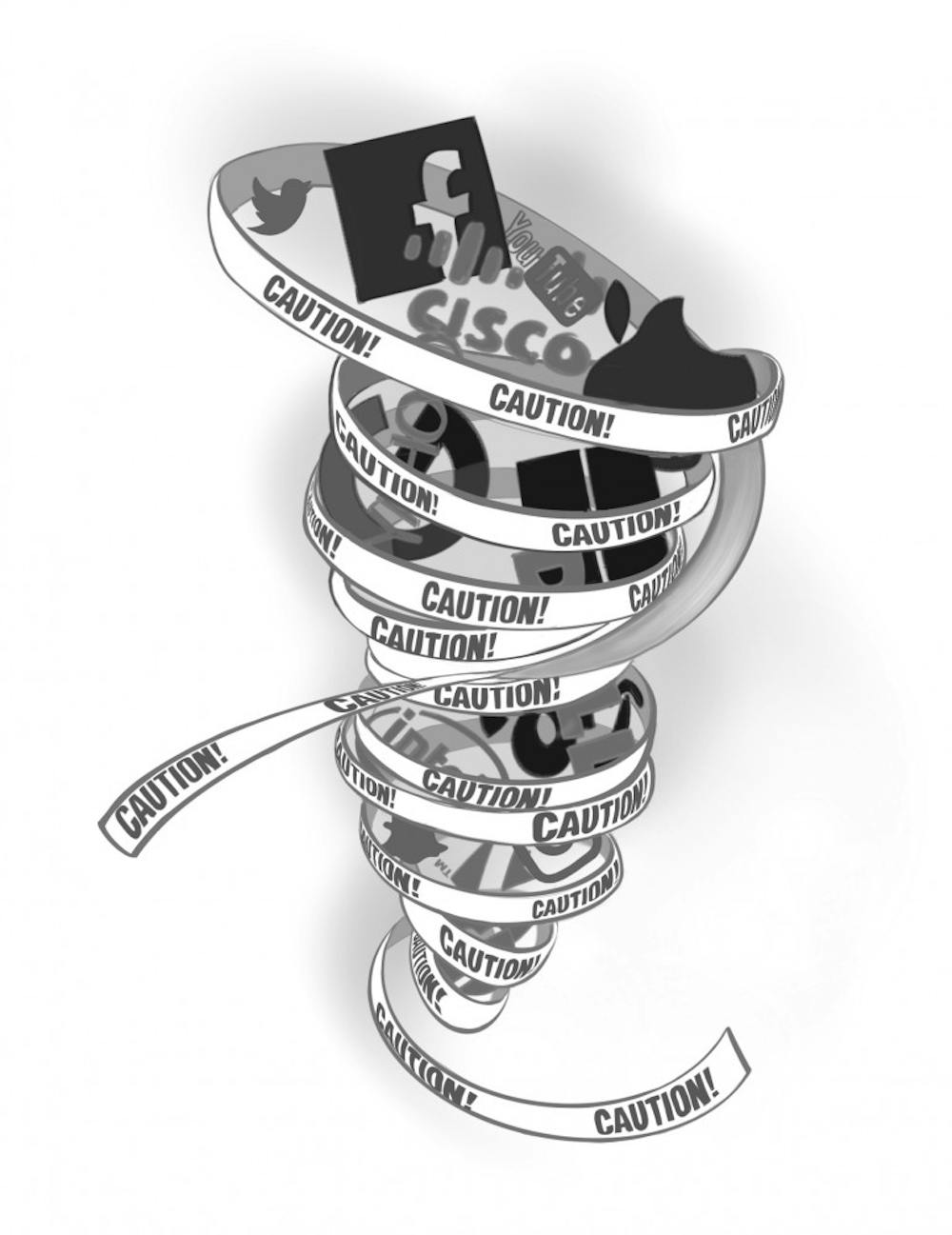In 2018, it was revealed to the public that political consulting firm Cambridge Analytica had illicitly harvested the personal data of millions of Facebook users. These data were used to create misleading targeted advertisements in the 2016 presidential election; authorities followed a paper trail leading back to Russia. Consequently, Facebook found itself at the center of an intense national debate over user privacy and the sanctity of American elections. Washington has been scrutinizing tech companies with laser focus. The Federal Trade Commission subjected Facebook to a $5 billion fine, states across the country have opened antitrust investigations into its business dealings and lawmakers around the world are demanding that CEO Mark Zuckerberg testify about the scandal.
Congressional effort to regulate firms like Facebook is necessary to safeguard citizen privacy and democratic elections. Though these tech giants claim that they can police their own platforms, we cannot rely on them to do so. Facebook’s business model itself depends on the abuse of user data. The federal government needs to act decisively to create a framework to govern tech companies’ collection, distribution and monetization of personal information.
Internet behemoths like Google and Facebook have always had a complicated relationship with the confidentiality of user data. Faced with controversies over privacy, these corporations have tried to save face with vows to self-regulate. Twitter CEO Jack Dorsey promised “independently vetted … metrics to measure the help of public conversation on Twitter.” What he actually means by this is unclear, and that is likely intentional.
For proof, take a look at the business strategies that tech companies are employing. They collect detailed data on the billions of people who use their platforms, in the form of search histories, purchases, media preferences and more. These data are essentially treasure-troves for political campaigns, retailers and other entities that rely on marketing. They contact a company like Twitter, define a target audience — Lululemon, for instance, would probably be on the lookout for wealthy, health-conscious athletes — and the internet does the rest. This business model accounts for 87 percent of Google’s total revenue and 89 percent of Facebook’s.
Citizens don’t seem poised to push for change, either. Seventy-four percent of Facebook users don’t even realize that the site collects their data in the first place. This means that Congress must be proactive in protecting Americans from such data harvesting. Just as we cannot expect cigarette companies to impose an excise tax on themselves, we should not count on tech giants to adequately safeguard user privacy.
Big tech has also failed in protecting democracy itself. This is especially worrisome in a world where social networks facilitate the vast majority of political discourse. Throughout the 2016 election cycle, internet giants took advantage of a laggard regulatory environment to profit off of the motives of foreign actors. For example, Facebook sold about $100,000 dollars of ad space to firms servicing the Russian government. Russia-linked advertising was seen by an estimated 126 million Americans.
The Federal Election Commission has been slow to draw clear boundaries on what is and isn’t required of small digital political ads — for instance, whether tech companies must publicly disclose who purchased ad space — leaving social media companies with little to no oversight. That would explain why Twitter and Facebook didn’t think twice before accepting huge sums of money from Russian-backed organizations, which spread advertisements that consistently used false and misleading information to sway our election.
And once again, Facebook’s leadership succumbed to its profit motive. It should have been a red flag for Facebook when a series of overseas corporations purchased ad space in rubles (Russia’s currency). But to Facebook, cash was cash — dollars or not. In the absence of government oversight, it had no reason to put the sanctity of our elections before cold, hard profit.
The government cannot and should not halt the development of technology itself. But just as it has regulated other media — from phones to TV — it must take a stand in this new technological frontier. Our privacy and democracy hang in the balance.
Arjun Shanmugam ’23 can be reached at arjun_shanmugam@brown.edu. Please send responses to this opinion to letters@browndailyherald.com and op-eds to opinions@browndailyherald.com.





